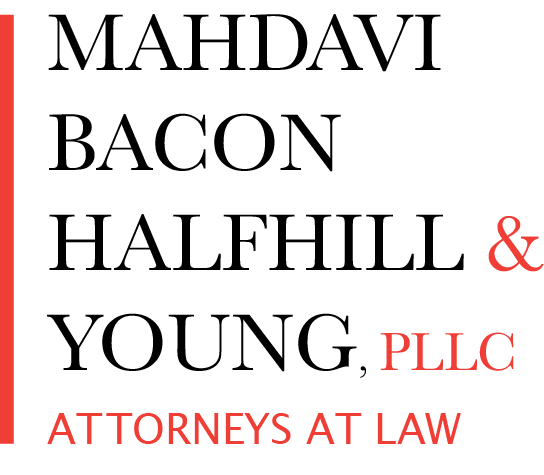
DOJ Announces New M&A Safe Harbor Policy
The Department of Justice (DOJ) has announced a new M&A Safe Harbor Policy to encourage acquiring companies to voluntarily self-disclose criminal misconduct discovered during the M&A process. As your trusted Fairfax, VA mergers and acquisitions lawyer knows, the policy provides a presumption of “declination to prosecute” for companies that meet certain requirements, including:
- Promptly and voluntarily disclosing misconduct to the DOJ within six months of closing.
- Cooperating fully with the DOJ’s investigation.
- Engaging in timely and appropriate remediation and restitution.
The policy applies to criminal conduct discovered in bona fide, arms-length M&A transactions, and does not apply to misconduct that was otherwise required to be disclosed or that is already publicly known to the DOJ. The safe harbor policy offers a number of benefits to acquiring companies, including reduced risk of criminal prosecution, greater certainty about the consequences of disclosing misconduct, and reduced risk of successor liability.
The M&A policy follows the DOJ’s corporate Voluntary Self-Disclosure Policy, introduced in March. Under that program, companies can avoid, or reduce, criminal penalties and compliance monitoring by coming forward proactively when they discover internal misconduct.
Understanding The Benefits
The recently announced Safe Harbor Policy holds several compelling benefits, both for corporations and the broader landscape of corporate compliance and ethics. This policy introduces a paradigm shift in the way criminal misconduct is handled within companies, emphasizing transparency, cooperation, and voluntary self-disclosure. Here are some of the key advantages of the DOJ’s Safe Harbor Policy:
- Reduced Risk of Criminal Prosecution: The primary benefit of the Safe Harbor Policy is that it offers companies a presumption of “declination to prosecute” if they meet certain criteria. This means that corporations that promptly and voluntarily disclose misconduct, cooperate fully with the DOJ’s investigation, and engage in appropriate remediation and restitution efforts are less likely to face criminal prosecution. This reduces the fear and uncertainty associated with potential legal consequences, promoting a more open approach to addressing misconduct.
- Greater Certainty: The policy provides clear guidelines on the steps that companies should take to qualify for safe harbor protection. By doing so, it offers greater certainty about the consequences of disclosing misconduct. This clarity encourages companies to proactively address internal issues, knowing that their efforts will be recognized and rewarded by the DOJ.
- Incentive for Ethical Business Practices: By offering protection in exchange for self-disclosure and cooperation, the policy creates a strong incentive for companies to prioritize ethical business practices. It sends a clear message that the DOJ values transparency and is willing to work with corporations that take steps to rectify wrongdoing, ultimately fostering a culture of corporate responsibility.
- Enhanced Compliance: The Safe Harbor Policy aligns with the DOJ’s broader efforts to enhance corporate compliance programs. Companies that take advantage of the policy are likely to strengthen their internal compliance mechanisms, leading to improved corporate governance and a reduced likelihood of future misconduct.
- Reduction of Successor Liability: The policy also reduces the risk of successor liability for acquiring companies engaged in mergers and acquisitions. This encourages responsible due diligence and ethical integration of acquired entities, mitigating the potential legal and financial risks associated with successor liability.
The DOJ’s Safe Harbor Policy represents a significant step toward creating a more ethical and accountable corporate environment. It encourages companies to proactively address misconduct, cooperate with law enforcement agencies, and prioritize ethical conduct. If you would like help learning more about this for your business, reach out to a team you can rely on from Mahdavi, Bacon, Halfhill & Young, PLLC.

